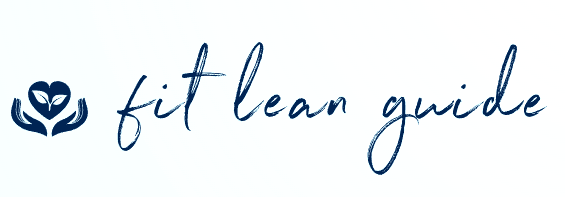
Intermittent fasting for women has become a popular strategy for weight loss, improved health, and increased mental clarity. But is this dietary approach effective—and safe—for women in particular? The answer is a resounding yes—when done right.
Here are 10 powerful, science-backed benefits of intermittent fasting for women—and how to get started safely:
1. Controlled Weight and Fat Loss
Intermittent fasting helps reduce daily calorie intake without hectic meal planning. Many women report losing stubborn belly fat with fasting alone. By extending the overnight fast, insulin levels drop so your body can burn stored fat more efficiently. Combine this with balanced, high-protein meals and you’ll maintain lean muscle.
2. Improved Insulin Sensitivity
Women are at risk of insulin resistance due to stress and hormonal fluctuations. Fasting helps the body use insulin more effectively, supporting blood sugar control. Studies have shown intermittent fasting can lower fasting insulin levels by up to 31% in women—supporting long-term metabolic health.
3. Balanced Hormone Regulation
Hormones like estrogen, progesterone, and cortisol are crucial to women’s health. When implemented thoughtfully (for example, a 14–16 hour eating window), intermittent fasting helps balance hormones and support menstrual regularity, thyroid function, and mood stability. It also reduces cortisol levels by preventing constant eating.
4. Boosted Mental Clarity and Focus
Many women report clearer thinking and better focus while fasting. Why? Fasting increases production of BDNF (Brain-Derived Neurotrophic Factor), supporting neuron health and resilience. You’ll feel mentally sharper, focused, and creative—without the midday food coma.
5. Increased Energy Levels
Skipping breakfast may feel challenging at first, but many women experience stable energy throughout the day. Without blood sugar spikes and crashes, energy becomes more predictable. Many also discover a natural surge in morning energy, ideal for workouts or focused tasks—thanks to increased fat-burning.
6. Enhanced Digestive Health
Fasting gives your digestive system a rest, which can relieve bloating, indigestion, and chronic gut issues. If you struggle with heartburn, IBS, or slow digestion, intermittent fasting can provide relief by reducing digestive load and supporting a healthy gut microbiome.
7. Anti-Aging and Cellular Repair
Intermittent fasting triggers autophagy—a cell-cleaning process that clears out damaged proteins and supports cellular regeneration. This process helps protect skin, supports recovery, and may reduce aging. For women, improved autophagy can mean healthier skin, stronger bones, and better vitality.
8. Easier Meal Planning and Food Freedom
Fasting simplifies your life: you eat fewer meals, save time, and reduce decision fatigue. No need to prep breakfast if you’re in a 16/8 fast window. Plus, with fewer meal decisions, it’s easier to stay consistent with healthy eating habits—without obsessing over every bite.
9. Support for Exercise and Fitness
Intermittent fasting can help women build lean muscle and optimize workouts. Training while fasting enhances fat oxidation and improves metabolic flexibility. Just pair your home workout or strength session with a post-workout protein-rich meal—it supports recovery and promotes lean body composition.
10. Better Relationship with Food
Many women find fasting helps them avoid emotional or habit-based eating. By removing snacking windows, intermittent fasting encourages mindfulness. It brings structure and discipline, helping break patterns of grazing or eating out of stress or boredom—cultivating a healthier relationship with food.
How to Start Intermittent Fasting for Women
- Start slow: try 12–14 hour fasts before jumping into 16/8.
- Eat nutrient-dense foods: load up on protein, healthy fats, fiber, and colorful veggies during your eating window.
- Listen to your body: adjust the fasting window based on menstrual cycle phases or energy levels.
- Stay hydrated: drink water, herbal tea, or black coffee (no sugar) during fasting hours.
Precautions & When to Consult a Doctor
Intermittent fasting is generally safe, but women who are pregnant, breastfeeding, dealing with eating disorders, or on prescription medications should consult their provider. If fasting severely affects mood, sleep, energy, or menstrual cycles, pause and consider a gentler eating approach.
Final Thoughts
Intermittent fasting offers a powerful framework—especially designed for women—to support weight loss, hormone balance, energy, and cellular health. By adopting a respectful, personalized approach, the benefits can be profound. Start with a fasting window of 12–14 hours, and build trust with your body from there.
Ready to explore more women’s health tips like this? Subscribe to our FitLeanGuide newsletter for weekly insights to support your fitness, nutrition, and lifestyle journey.
